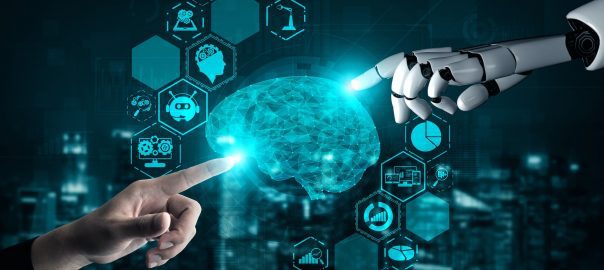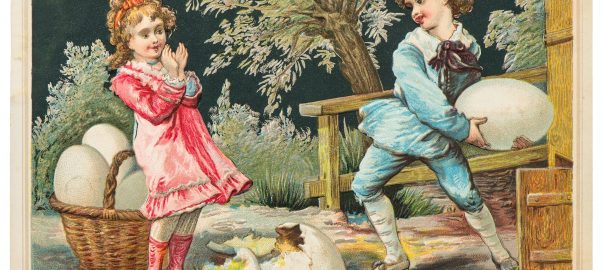Eun Young (EY) Oh, University of Portsmouth
From chatbots and virtual assistants to fraud detection and risk management, artificial intelligence (AI) is now being used in many areas of finance. But what could an AI system like ChatGPT do for your bank balance?
AI tools might seem overly complex or expensive to non-experts, but advances in natural language processing and machine learning could turn ChatGPT and similar products into virtual personal finance assistants. This would mean having an expert on hand to help you make sense of the latest financial news and data.










